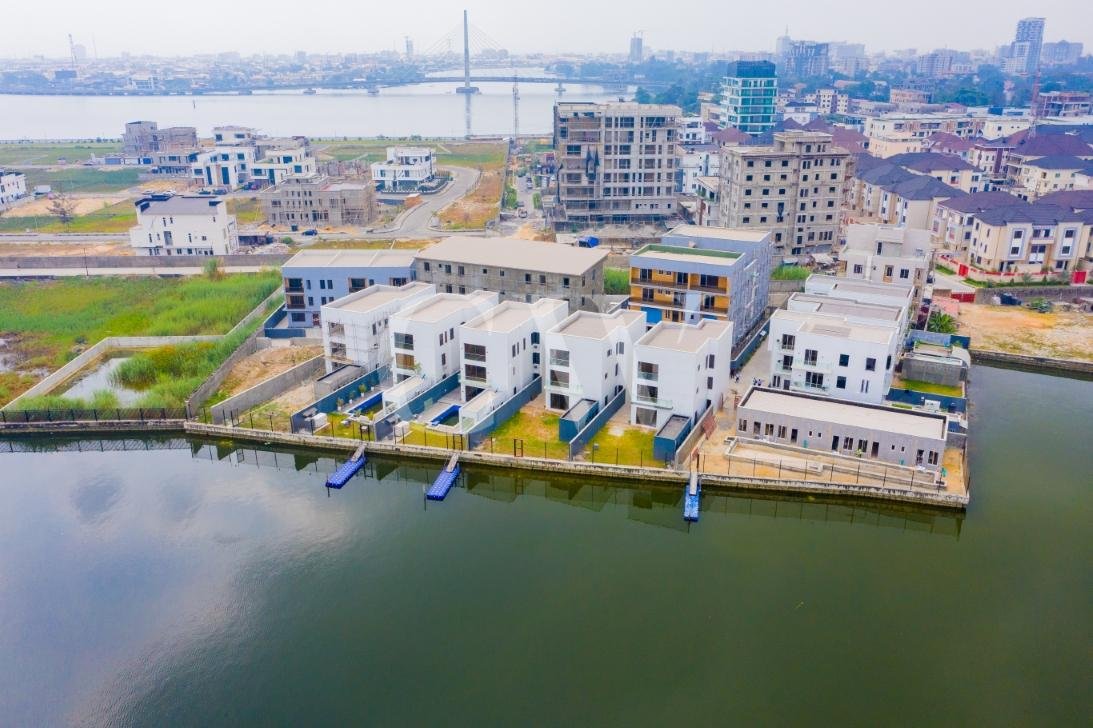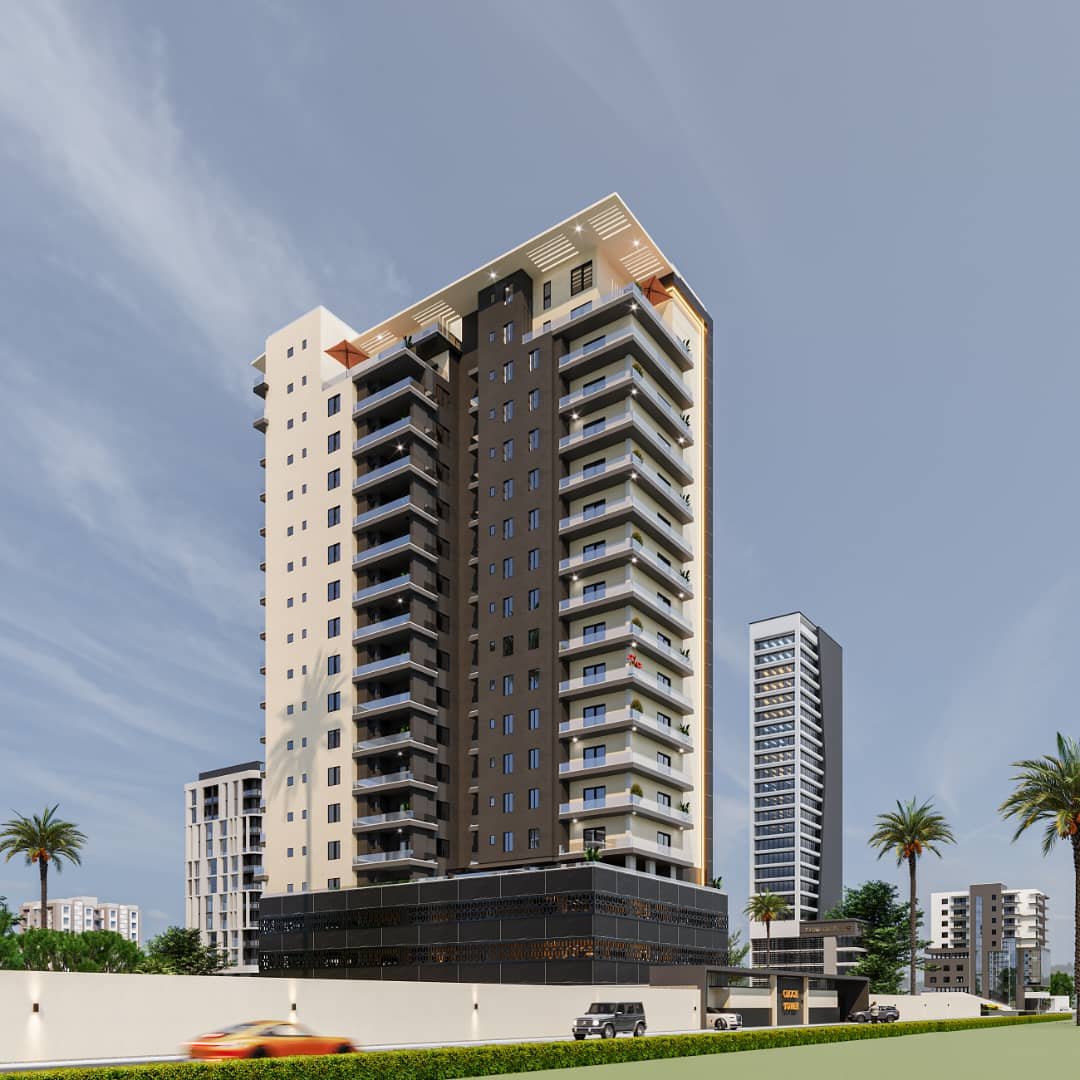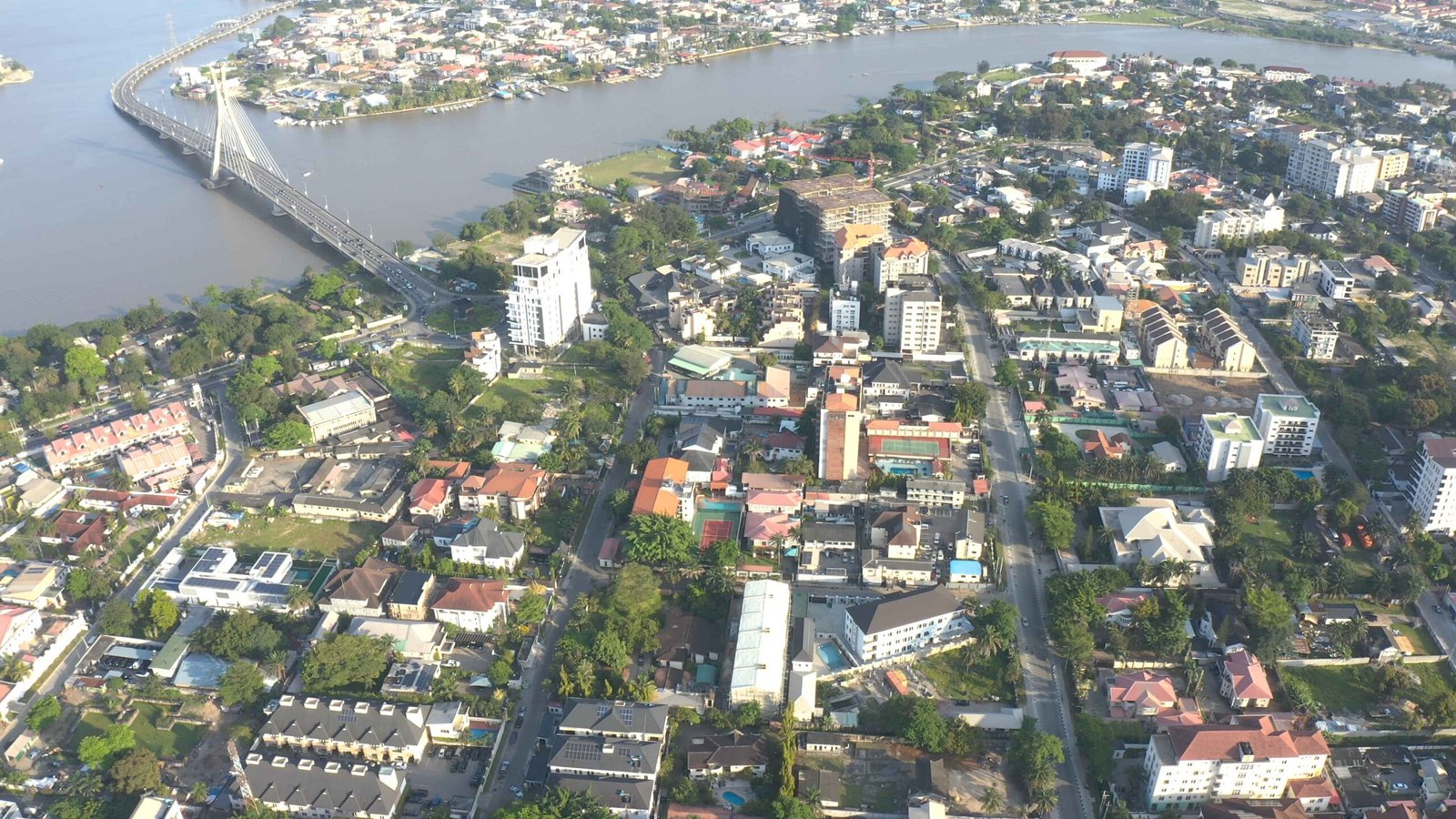How Inflation Impacts Real Estate Investments in Nigeria

Inflation is a critical factor that shapes real estate investments in Nigeria, influencing property prices, rental income, and overall market dynamics. As inflation rises, so does the cost of goods and services, including construction materials and labor. This phenomenon directly impacts the real estate sector, creating both challenges and opportunities for investors

1. Rising Property Prices
One of the most noticeable effects of inflation is the increase in property prices. For real estate investors, this can be an advantage, as properties purchased during periods of low inflation tend to appreciate significantly over time. However, for potential buyers, higher property prices may require larger budgets or more creative financing solutions.
2. Rental Income Growth
As inflation drives up living costs, rental rates often increase to keep up with market conditions. This can lead to higher returns for landlords and investors focused on rental properties. However, tenants may find themselves burdened by rising rents, leading to potential vacancies if affordability becomes a concern.

3. Construction and Development Costs
Inflation also affects the cost of building new properties. The rise in the prices of raw materials, such as cement, steel, and wood, coupled with higher labor costs, can delay or halt construction projects. Developers may pass these costs onto buyers, making newly built properties more expensive.
4. Currency Devaluation and Real Estate Investment
In a country like Nigeria, where inflation is often accompanied by currency devaluation, real estate can act as a hedge against economic instability. Properties retain intrinsic value and often appreciate, even as the naira weakens. This makes real estate a safe haven for investors looking to preserve or grow their wealth.

5. Opportunities for Savvy Investors
Despite the challenges, inflation presents opportunities for well-informed investors. By focusing on high-demand areas like Lagos, particularly neighborhoods such as Ikoyi, Banana Island, and Lekki, investors can secure properties with strong appreciation potential. Additionally, diversifying portfolios with commercial real estate or short-term rental properties can provide consistent income streams that outpace inflation.
Tips for Real Estate Investors in an Inflationary Economy
- Invest in Prime Locations: Focus on high-demand neighborhoods where property values are likely to grow.
- Opt for Fixed-Rate Mortgages: Locking in a mortgage at a fixed rate can protect against future rate hikes.
- Diversify Your Portfolio: Include both residential and commercial properties to balance risk.
- Leverage Rental Income: Prioritize properties that generate consistent rental income to offset rising costs.
Inflation may pose challenges, but it also underscores the value of real estate as a resilient investment. For Nigerian investors, understanding inflation’s impact and adopting strategic approaches can ensure long-term success in the dynamic real estate market.
Why Choose CW Real Estate Lagos?
At CW Real Estate Lagos, we specialize in connecting investors with the most exclusive luxury properties in Lagos and beyond. From waterfront villas in Banana Island to high-end apartments in Victoria Island, our team of neighborhood specialists ensures you find the perfect property tailored to your investment goals.
Ready to invest? Contact us today to explore premier luxury properties in Lagos and globally, Call Adeyemi at 09093272572 or visit our website @cwlagos.com or follow us on Instagram @ cwrelagos
Ready to start your neighborhood search? Contact CW Real Estate Lagos for expert guidance in finding the perfect neighborhood and property to suit your lifestyle.
READ MORE: WHY ARE IKOYI & VI THE TOP REAL ESTATE SPOT IN LAGOS?



